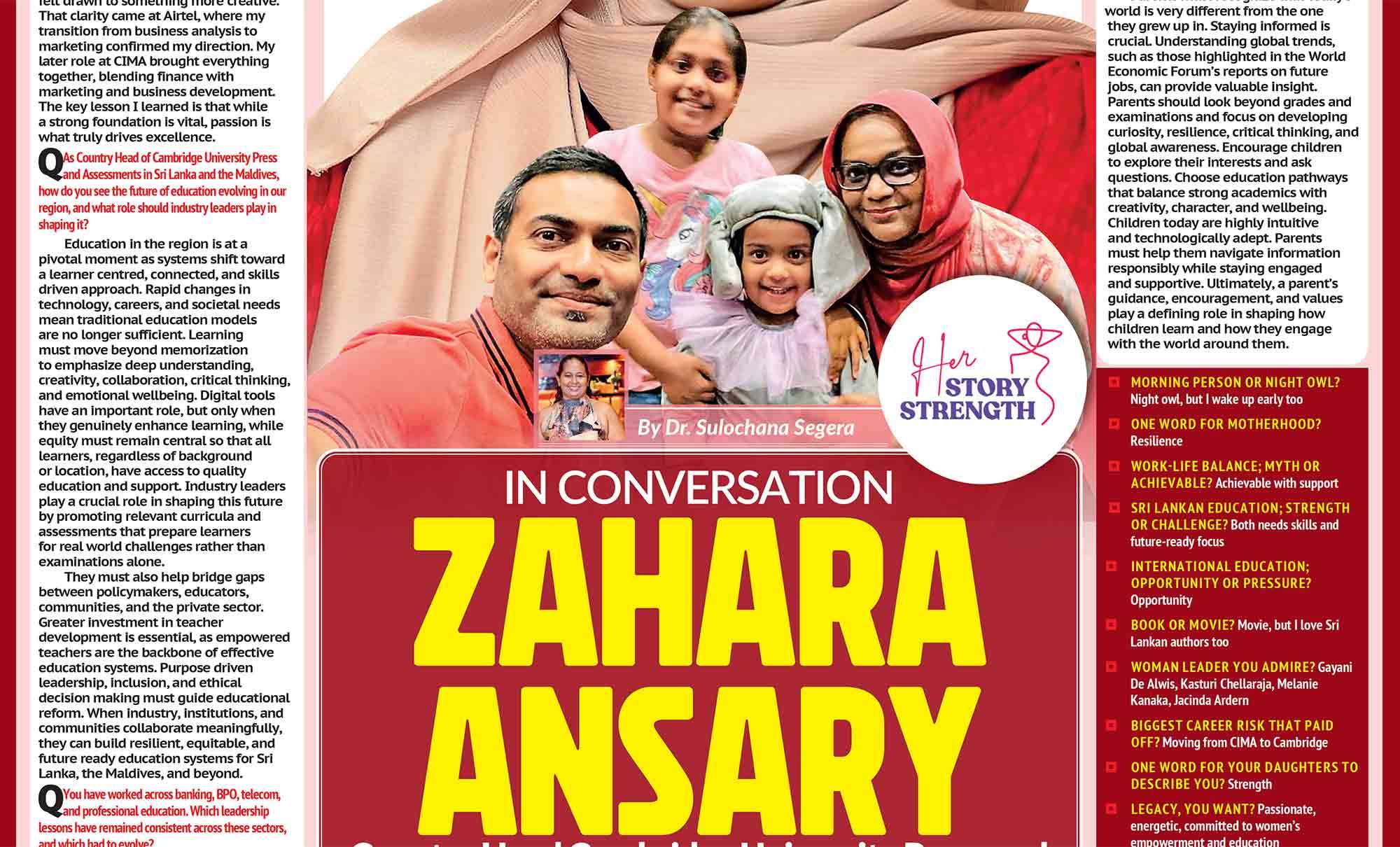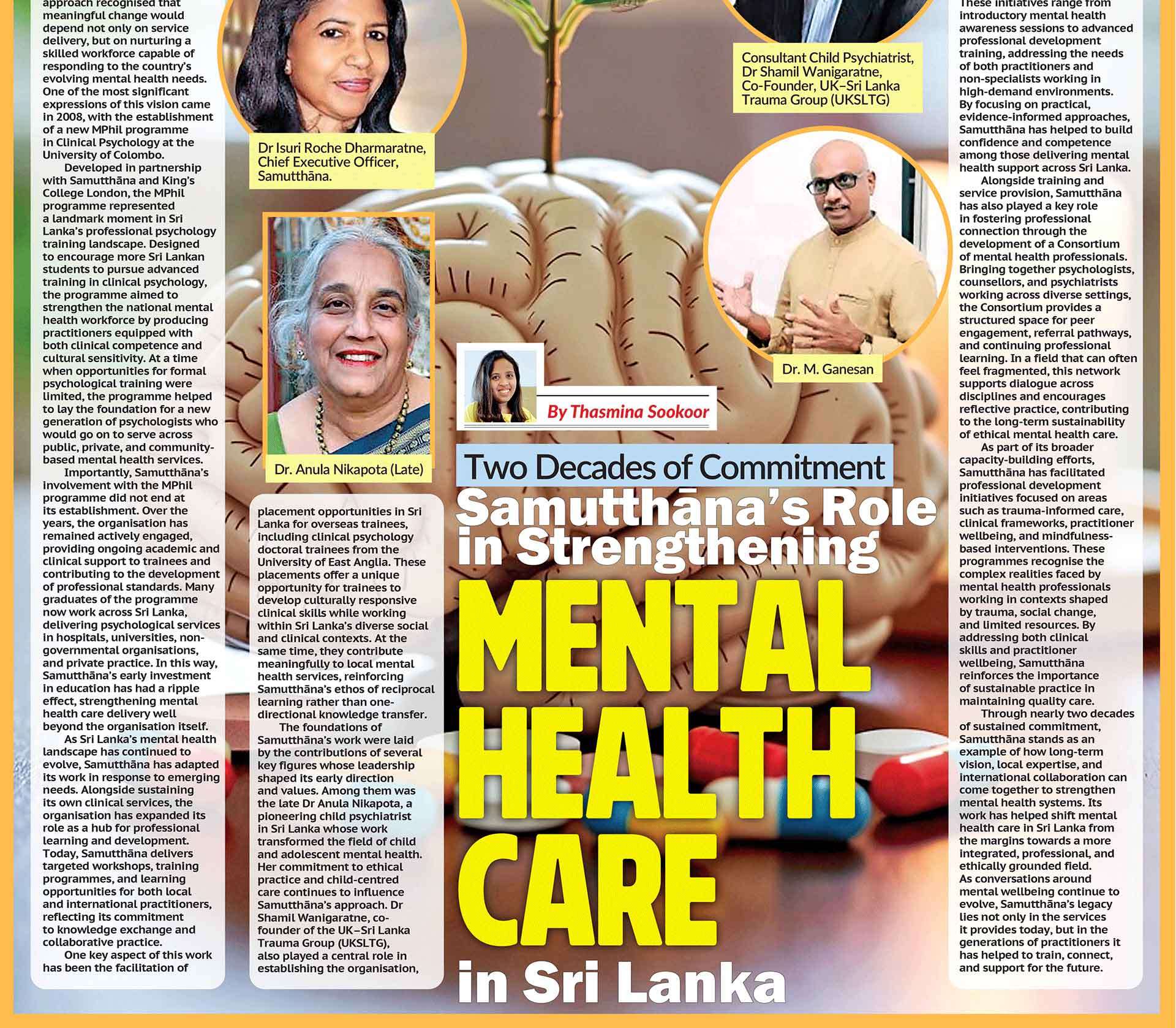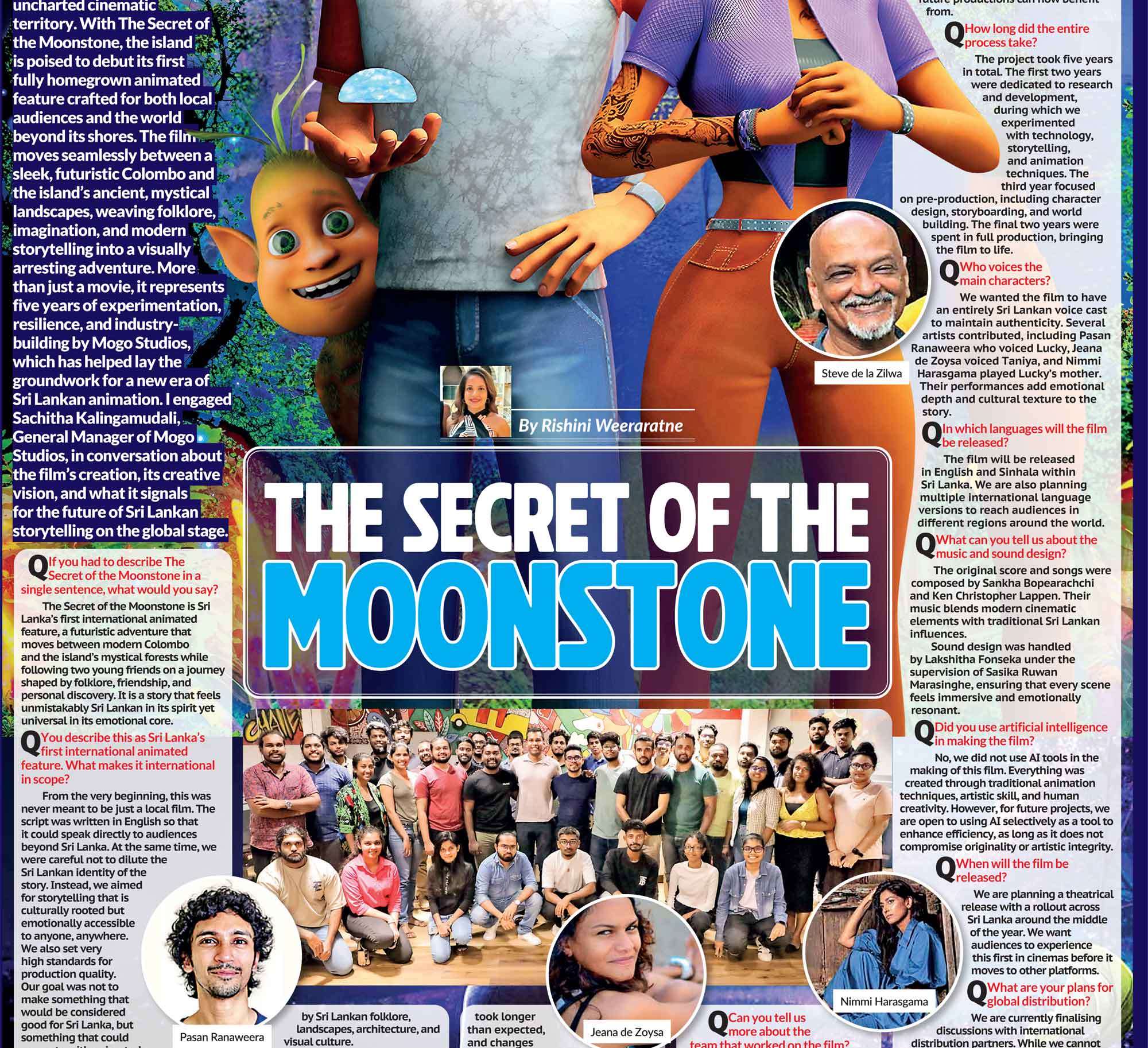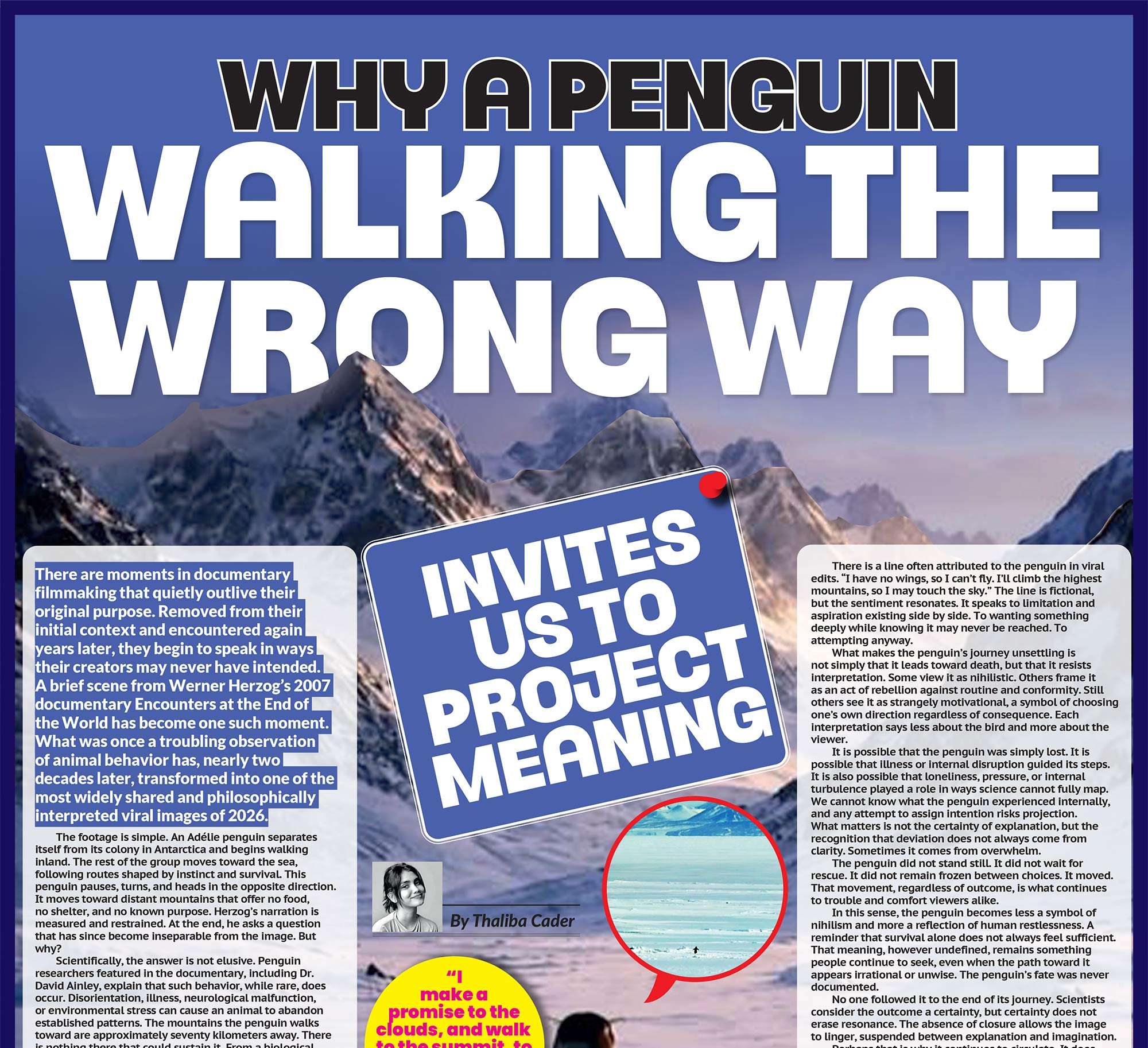
So, what if you did not get the results you wanted? Are you going to roll over and die? Or are you going to get on with it? Because, let’s be honest, the statement of results in your hand is not a death sentence – it is merely a snapshot of one moment in your academic life.
Your Options: More Than You Think
You have two main choices:
- Resit A-Levels. If you really believe you can perform better, then take the year, put in the work, and prove it.
- Work with what you have. See where your results can take you. Not all pathways require perfect grades, and sometimes the road you did not plan on taking, may just lead to somewhere surprisingly fulfilling.
But before you rush to decide, you must answer one uncomfortable question: Why did you not get the results you wanted?
The Honesty Check
 Be brutally honest. Did you do your part?
Be brutally honest. Did you do your part?
If you did put in the hours, studied consistently, revised thoroughly, and still did not get the marks, then yes, agreed, it’s a bummer. Sometimes exams just do not reflect real ability. I had a student once who got a C at A-levels for Art. Undeterred, she decided to follow her passion and took up the subject for her degree, graduating three years later with first-class honours.
But if you did not put in the effort, in other words, if you skipped homework, skimmed through revision, or convinced yourself that watching “study motivation” videos was equivalent to studying, then the truth is staring you in the face. After all, as Edison famously proclaimed, “Genius is one percent inspiration and ninety-nine percent perspiration.”.
But perhaps it was not laziness. Maybe you studied hard, but did not study smart. Believe it or not, but there is a difference.
Studying Right vs. Studying Hard
Too many students, and their parents, still cling to myths about “exam success.”
Last-minute cramming before the paper? Extremely bad idea. The brain tends to recall only the last bit of information you studied, making you blank out on the rest.
Studying until 3 a.m.? Even worse. Sleep-deprived brains are slower, less accurate, and more likely to forget even what you knew the day before.
The truth is, effective study is not about how many hours you chain yourself to a desk; rather, it is about how you use those hours. Did you optimise your lifestyle for learning? Did you practise with past papers? Did you understand what the examiner was looking for and figure out exactly how to pick up those crucial higher marks?
If not, you now know what to fix.

You Are Not Your Results
Here’s something no one says enough: Not getting the grades you wanted does not make you a failure.
Yes, parents put pressure on you. Worse still, some parents have already informed their friends and family about the “inevitable” straight A’s you will be bringing home. But this is your life, not theirs. You can only do your best, and if you did, that is all that counts.
Forget the world and its expectations. Ask yourself instead: What do I think of myself?
Sometimes, There Is a Higher Plan
What if not getting the grades you wanted is not the end, but the start of something better?
I had a student once who dreamt of studying Engineering at one of the UK’s top universities. He scored A’s in all his subjects, except Physics, a critical requirement. His dream school rejected him, and he had to “settle” for a lower-ranked university. He was devastated.
But in his second year, his family faced unexpected financial difficulties. The only reason he could complete his degree was because his new university’s fees were far lower. He graduated with first-class honours and, looking back, told me, “I’m thankful I didn’t get into the top university. I wouldn’t have been able to finish.”
Sometimes, the dots only connect looking backwards.
If you did not get the results you wanted, take a day or two to feel disappointed – that is natural. But do not stay there. Review what went wrong, and own your role in it
My Own Wake-Up Call
None of this is hearsay, or my peddling feel-better phrases. I know what it is like because I have been there myself.
As a teenager, I rebelled when it came to sitting at a desk and revising. I believed, with all the arrogance of youth, that I could cram at the last minute and still come out on top. Guess what? I did not. The results hit me so hard that I made a promise to myself: I would learn exactly how to study, and I would prove to myself that I was indeed intelligent (in an eye-rolling moment, believing immaturely that grades reflected intelligence – but that’s a story for another article!).
I threw myself into researching the best study strategies and exam techniques. I did not just want to improve my performance; rather, I wanted to master the process of obtaining great exam results, the regret I felt over my A-level results being my motivation.
Three years later, I graduated from a top UK university with first-class honours in Pure Mathematics. Better still, the strategies I developed during those undergraduate years have helped generations of my students succeed since I began teaching in 1997.
Sometimes, a setback is the very thing that shapes your future success.

Moving Forward
If you did not get the results you wanted, take a day or two to feel disappointed – that is natural. But do not stay there. Review what went wrong, and own your role in it. Decide whether to retake or move forward with what you have. Learn better study and exam strategies. And, most important of all, remind yourself that this one set of grades does not define you. Life is long. Careers are built over decades, not in the 30 minutes it takes to open an envelope. What matters most is not the score, but the resilience you show in your response. Because in the end, it is not your results that determine your success – it is what you do with the cards you are dealt.











